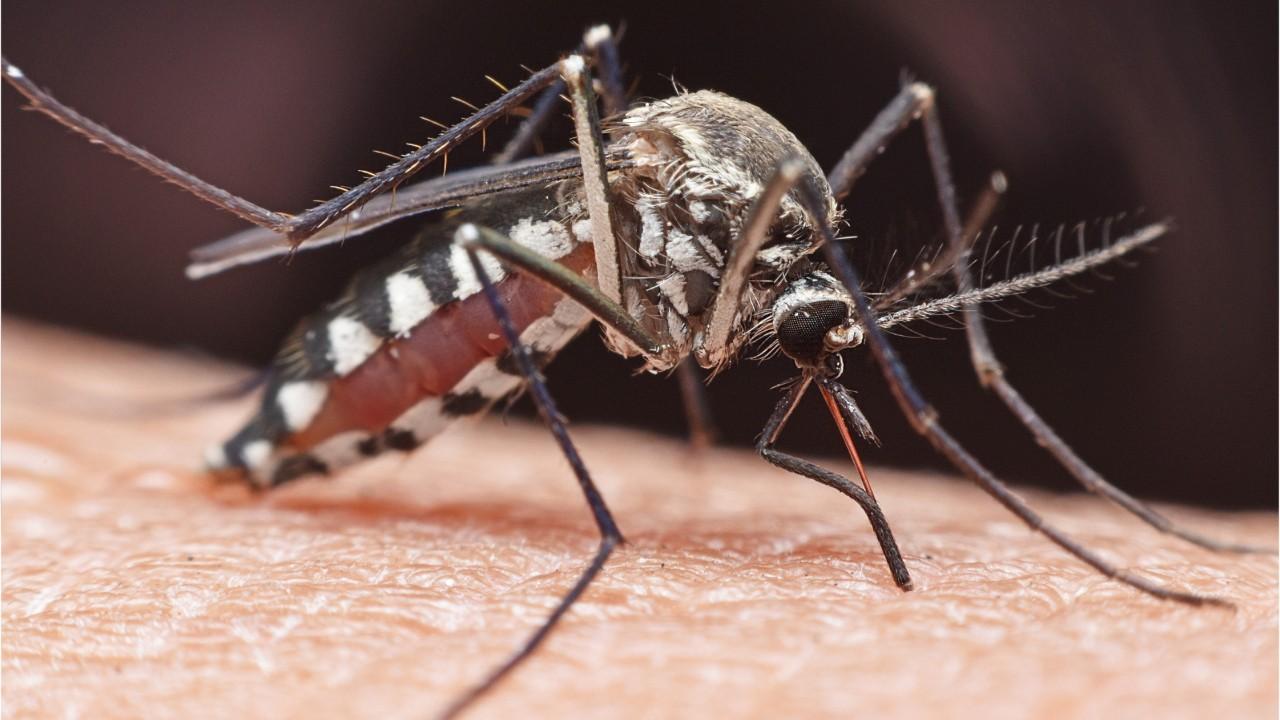[ad_1]
A ninth person in Massachusetts has been diagnosed with the rare and potentially deadly mosquito-borne Eastern Equine Encephalitis (EEE) virus, state health officials announced this week.
The Massachusetts Department of Health said a man in his 70s from Essex County contracted the virus. Additional details were not provided.
“We continue to emphasize the need for people to protect themselves from mosquito bites,” Public Health Commissioner Monica Bharel said in a statement. “We urge the public to use bug spray, wear long sleeves and pants and socks to reduce exposed skin, and stay indoors from dusk to dawn when mosquitoes are most active.”
Though cases of EEE have been reported in various other states – such as Michigan, Rhode Island and Connecticut – Massachusetts has experienced an unusually high number of cases this summer. (On average, the Centers for Disease Control and Prevention says five to 10 cases of EEE are reported each year in the U.S.)
Mosquitoes become infected with EEE after feeding on infected birds — specifically those that live in freshwater swamps. Typically, EEE-carrying mosquitos are only found where the EEE-infected birds are. But on occasion, according to the Connecticut Department of Public Health, “the virus gets picked up by other types of mosquitoes that bite other birds, animals, and people” — thus creating a “bridge” between the virus and humans, so to speak.
Dr. Catherine Brown, the Massachusetts state epidemiologist, recently said that birds from Florida – which has long dealt with EEE – migrate to New England each year, specifically to a state with a particularly dense population of red maple and white cedar swamps: Massachusetts.
Though a particular species of mosquito in the swamps feeds on the infected birds, other types of mosquitoes occasionally feed on the birds and subsequently become carriers. Those mosquitoes then pass the virus to humans and other mammals — namely to horses, which, according to the CDC, are particularly susceptible. Humans and mammals are considered to be “dead-end” hosts, however, and the virus doesn’t spread from animal to animal, human to human, animal to human, or vice versa.
DEADLY MOSQUITO-BORNE EEE VIRUS OUTBREAK IN MASSACHUSETTS MAY BE CAUSED BY THIS, EPIDEMIOLOGIST SAYS
After a couple of years, the birds infected with EEE build up an immunity to the virus, according to LiveScience. When this happens, the transmission isn’t as effective, resulting in a decline in EEE cases.
As the birds reproduce, however, the eggs hatch and the older, immune birds eventually die off. The younger birds without immunity are susceptible to EEE, and the cycle begins again, Brown explained. Sometimes the migrating birds carry a strain of EEE the other birds are not immune to, which further perpetuates the cycle.
All of these factors can lead to outbreaks every couple of decades, she said.
The CDC describes EEE as “one of a group of mosquito-transmitted viruses that can cause inflammation of the brain (encephalitis),” The virus is more common in the Atlantic and Gulf Coast states, though the Great Lakes area has also seen cases.
Symptoms of EEE usually appear four to 10 days after a person is bitten by an infected mosquito. Severe cases of the virus “begin with the sudden onset of headache, high fever, chills, and vomiting,” said the CDC, which noted, “the illness may then progress into disorientation, seizures, and coma.”
RHODE ISLAND SEES FIRST EEE DEATH SINCE 2007, OFFICIALS SAY
One-third of those infected with EEE virus die; survivors typically have “mild to severe brain damage.” There’s no specific treatment for the infection.
The best way to prevent EEE virus and other mosquito-borne ailments is by draining standing water – like in birdbaths, buckets or on pool covers – as stagnant water can serve as a breeding ground for these insects. Other preventive measures include covering skin with long-sleeved pants and shirts while outside and properly using DEET-containing insect repellent.
[ad_2]
Source link

